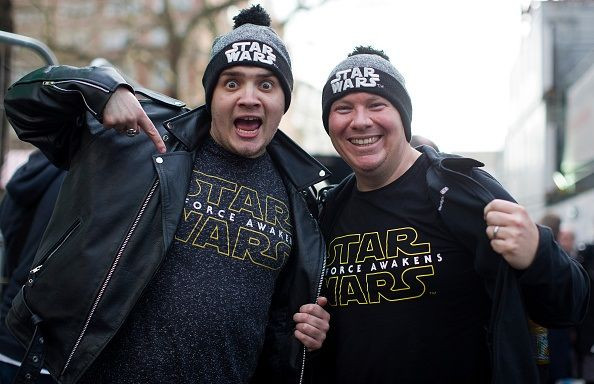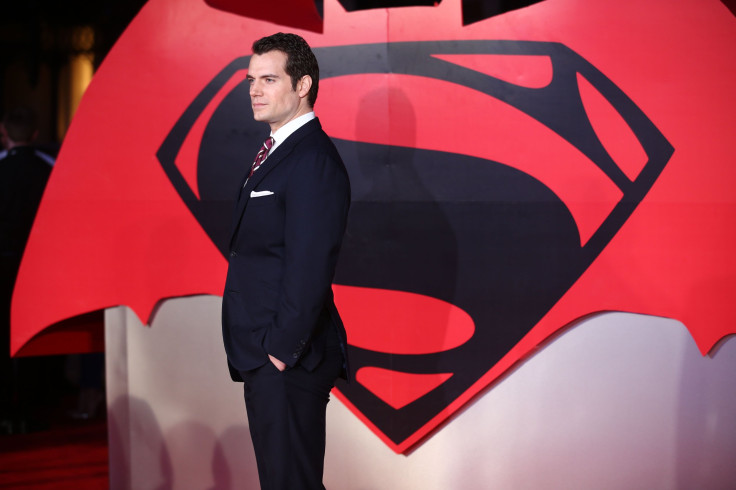Debunking Hollywood’s Opening-Weekend Myth: For The Best Movies, It’s All About Week 4

LOS ANGELES — Hollywood loves nothing better than the big opening weekend. But its best movies actually shine much later.
Want to find a film that both ink-stained wretches and butter-stained kvetches agree is top-notch? Forget the movie with the line of costumed fans waiting to see it that first Friday and look for one that’s going strong on plenty of screens three or four weeks after its release.
A new study from Emerson College that executive-in-residence Owen Eagan provided to International Business Times reveals that a big second-, third- and especially fourth-weekend box office sales were much more strongly correlated with critical and popular acclaim than a smashing debut. Once word-of-mouth gets out, box office receipts tend to track opinions about the actual movie, not just responses to the hype.
Eagan took a look at the 100 movies with the biggest box-office takes in opening, second, third and fourth weekends. The amount of overlap between lists dropped each week, as just 39 of the 100 biggest opening-weekend flicks made the cut for the Weekend Four group.
But the 100 biggest fourth-weekend films had an average rating on film critic aggregation site Rotten Tomatoes of near 80 percent, while the top 100 on opening weekend scored an average of just over 68 percent. That inverse relationship carried through perfectly in order, with the top Weekend Four performers having the highest average critic rating, followed by Weekends Three, Two and One. Audience feedback, gathered from Rotten Tomatoes and Flixster.com users, followed that pattern exactly.
And the paths of the two biggest superhero movies released so far this year, 20th Century Fox’s “Deadpool” and Warner Bros.’ “Batman v Superman: Dawn of Justice,” also fit in nicely with Eagan’s findings.
Surprise R-rated hit “Deadpool” roared to a $132 million open in the U.S. and pulled in $56 million, $31 million and $17 million in the three weekends after, respectively, propelling it to about $359 million domestically so far — and it’s still playing on more than 1,400 screens after opening Feb. 12. As a result of that success, Fox announced “Deadpool 2” this week.
“Batman v Superman” brought in $166 million when it opened March 25 — $34 million more than “Deadpool” took in — but dropped all the way to $51 million the following weekend and $23 million after that. The movie is about to begin its fourth weekend today. That’s despite playing on 246 more screens than “Deadpool” during its third weekend and 684 more on opening weekend. While “Deadpool” added screens during its first three weeks, “Batman v Superman” shed them.
Feedback from people who saw that movie backs up the box office trajectory. “Batman v Superman” has a 28 percent rating on Rotten Tomatoes. “Deadpool” sports 83 percent. And social media, full of disappointed Batman and Superman fans and hyped Deadpool fans, echoes the critics’ take.

This study was a follow-up to one Eagan did late last year that showed a connection between Oscar-nominated movies and sustained box office success, and one between nominees for the Golden Raspberry, or “Razzie,” awards — the anti-Oscars — and the opposite fate. Movies nominated for a Razzie dropped an average of 30 points more than Oscar nominees over their first four weeks in the theater.
Eagan tied his study to the concept of herding, a behavioral science term describing conditions when people’s decisions are directly influenced by the acts of others, such as deciding to go to one restaurant instead of another because it’s packed and the other isn’t. But if enough people complain about the bland salmon and slow service on Yelp and to one another, the people waiting for a table are suckers, not trendsetters.
Slick trailers and spectacle premieres can drive crowds to theaters on opening weekend, but angry critics and disappointed fans have the power to bust that hype bubble pretty quickly.
“This herding process can be fragile if the information we obtain conflicts with the information we observe,” Eagan wrote.
© Copyright IBTimes 2024. All rights reserved.





















